The Importance of Trace Elements in Cattle
Trace elements often go under the radar when considering a herd’s diet, however they are vital for all day-to-day functions of the body. They act as the precursors to many chemical processes and hormonal functions and are therefore essential in every diet. Below outlines why keeping on top of cattle’s trace element levels is crucial, and how to assess a herds current status and requirements.
Due to the wide range of roles trace elements (TE) play in the body, failure to meet cattle’s requirements of TEs leads to deficiencies. This consequently impacts the health and performance of the animal, as well as having a financial impact. As performance decreases (milk production, or live weight gains for meat) income is reduced. Meanwhile, animal health issues increase, as do the vet bills.
Unfortunately, an animal can be deficient in a TE before any warning signs or clinical symptoms are noticed, and once clinical symptoms are noted, the animal’s performance is already impacted. It is for this reason, that TE supplementation should be at the top of the list when planning animal health strategies.
Whilst there are levels of TEs in all feeds, these levels can vary greatly between feed types. There can be variation not only between crop or pasture variety, but also between region, farm, and even between neighbouring paddocks. Factors such as climate, soil type, plant species and fertiliser regime are examples of what may influence these levels.
Historic herbage tests show us that NZ pastures are typically low in Copper, Cobalt, Iodine, Selenium, and Zinc. The results also show us that there are many regional variations. Due to the pasture-based nature of NZ farming systems, it is important we are aware of these deficiencies and variations, and provide a safety blanket of supplementary trace elements, to make up for where the diet falls short.
Being proactive is the best way to cover your bases: Doing herbage tests help to understand what is already being supplied, whilst blood tests and liver biopsies help to understand what is needed. From there, the appropriate steps can be taken to ensure the herd is getting the nutritional support needed to optimise performance.
If there are significant deficiencies in specific TE, these should be discussed with a vet, however a maintenance supplementary plan is still essential. SealesWinslow’s water soluble Micromax range is an ideal way to provide a maintenance level of the five TEs lacking in NZ pasture. Historic herbage testing carried out across the whole country resulted in multiple different products in the Micromax range, to ensure there is a regionally specific option available for all.
There is both sulphate and organic TE options available, all of which are paired with our signature peppermint flavouring, to ensure the water stays tasty, and water intake is not impacted.
For more information on this range, chat with your local SealesWinslow TSR today.

